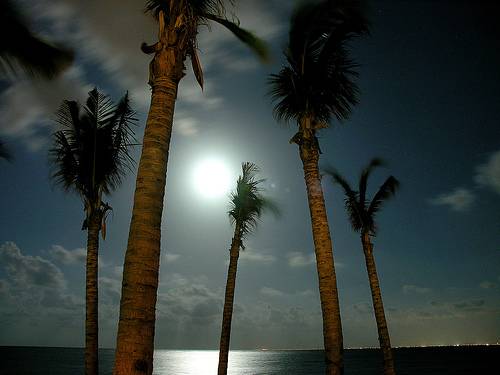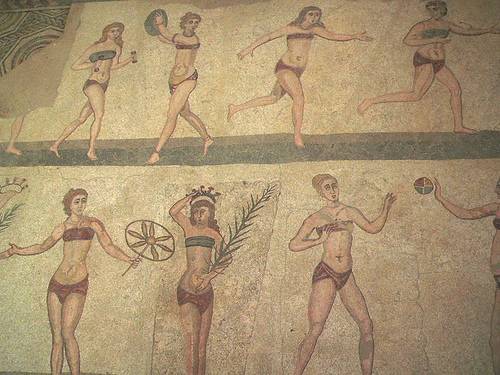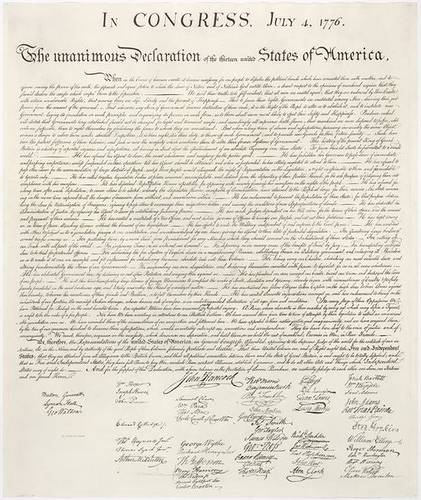No one knows much about Diophantus, the Greek mathematician, but in the sixth century a math puzzle purported to give his epitaph:
“This tomb holds Diophantus. Ah, what a marvel! And the tomb tells scientifically the measure of his life. God vouchsafed that he should be a boy for the sixth part of his life; when a twelfth was added, his cheeks acquired a beard; He kindled for him the light of marriage after a seventh, and in the fifth year after his marriage He granted him a son. Alas! late-begotten and miserable child, when he had reached the measure of half his father’s [total] life, the chill grave took him. After consoling his grief by this science of numbers for four years, he reached the end of his life.”
At what age did he die?




